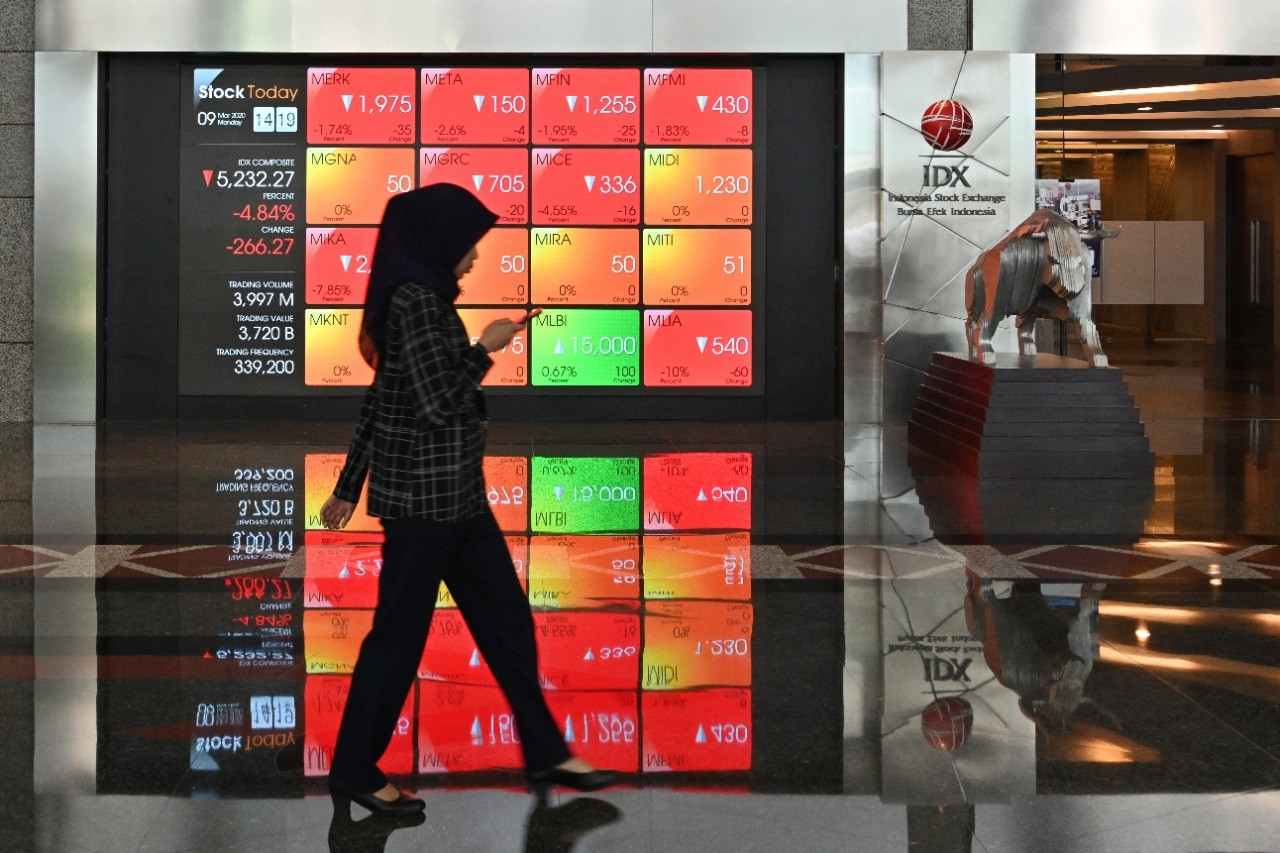The governments in Asia are taking a more targeted approach than Western nations when it comes to curbing inflation pressures, and the strategy appears to be working at least for now.
As long as inflation remains a major concern in Asia, the measures have shielded the public from some of the increases. This has reduced the need for central banks to raise interest rates as quickly.
In addition, government balance sheets are bearing some of the costs shifted from consumers and small businesses.
The purchasing power of Indonesian snack maker Mayora Indah has not weakened, said Baskoro Santoso, investor relations officer.
The company has adjusted prices since the second half of last year but has not seen a material hit to business, especially during the Ramadan festive period, he said.
Indonesia, a country with a history of financial volatility and price swings, increased energy subsidies last week by US$24 billion to contain energy costs. This is after it removed a controversial palm oil export ban.
Caping Electricity Bills
While many retailers in Southeast Asia’s largest economy are still passing on price hikes, household demand remains strong, and inflation is within the central bank’s two to four percent target range.
In South Korea, government caps on electricity bills provide a competitive edge for global manufacturers like Samsung Electronics and Hyundai Motor and help cushion the hit to households’ disposable incomes.
Instead, the caps have squeezed state-run power company Korea Electric Power Corp, which reported a record quarterly loss because of higher fuel import costs, increasing the likelihood of a government capital injection.
This month, India banned wheat exports after a scorching heatwave curtailed production.
Malaysia announced this week that it will stop exporting 3.6 million chickens a month until prices stabilize. Fuel and cooking oil are also subsidized.
Malaysia’s heavy fuel and transport subsidies have likely knocked 1.5 percentage points off the country’s inflation. This is because their inflation stood at just 2.3 percent in April, according to Gareth Leather, the senior Asia economist at Capital Economics.
Targeting production lines to combat inflation
The government intervenes in domestic supply in many Asian countries, which are sensitive to public backlash from price hikes, although economic reforms and a stronger focus on fiscal discipline over the past decade have given the market greater scope.
Upstream shooting
By contrast, Western governments have been reluctant to intervene in production lines in order to lower the prices of key items such as food and fuel. Inflation in the US and UK has now topped decade-high levels, crimping retailers’ profits and shoppers’ spending power.
The largest US retailers this month missed Wall Street’s earnings expectations by at least five points due to surging inflation, including Walmart, Target, and Kohl’s.
As a result of aggressive interest rate hikes by the US, UK, and Canadian central banks, it has been a monetary policy that has largely been responsible for containing prices in Europe and the US.
Southeast Asia, on the other hand, has a much more benign outlook, with most central banks only recently making a very cautious shift away from extremely low rates, with tightening expected to be more gradual than in the West.
Inflation in Thailand
Thailand’s headline inflation has barely breached the central bank’s target range of one to three percent. The bank’s chief has pledged to continue to support the economy with monetary policy.
The outlook is generally positive for business, but many retailers in Thailand still feel the squeeze as customers refuse to accept price increases.
“During the peak of the durian season, you usually make big profits,” says Radavadee Ratanachaiuchukorn, president of Chotakkarasup Co. Ltd, referring to the tropical fruit.
We hardly get a profit margin because of higher costs. This really hurts us… For new orders, we will have to raise the prices or we will not survive.”
Source: Asia One






